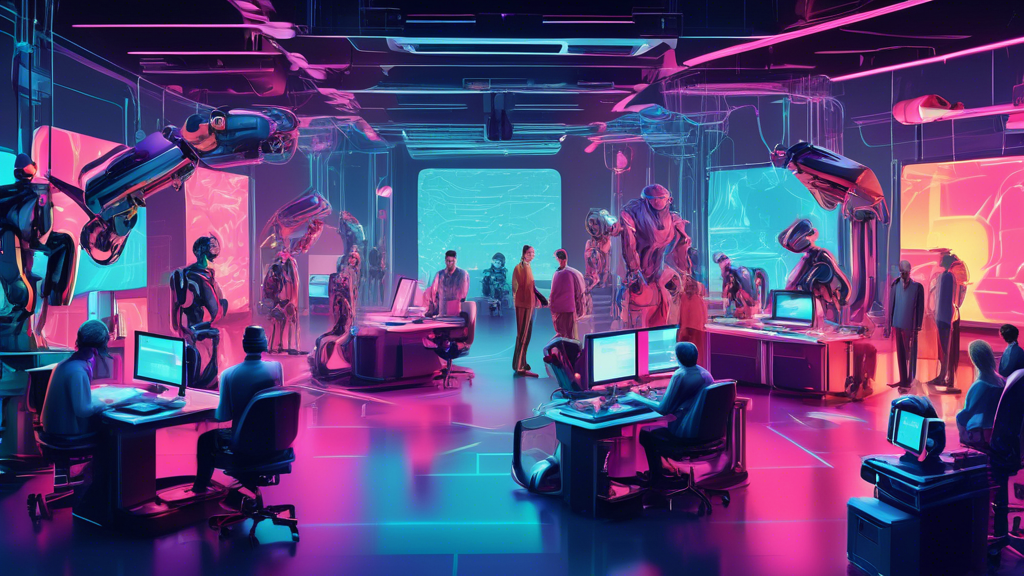The fusion of technology and creativity has always driven the evolution of the film industry. Today, one of the most exciting developments in this sphere is the application of Generative AI. This cutting-edge subset of artificial intelligence is reshaping various aspects of feature film production, from scriptwriting to special effects, and ushering in a new era of creativity and efficiency.
Scriptwriting with AI
Generative AI has made significant strides in the domain of scriptwriting. AI-driven tools can now analyze vast amounts of data from existing scripts, films, and literature to help create new storylines, character arcs, and dialogues. Screenwriters can use these AI-generated drafts as a starting point, allowing for more efficient brainstorming and development processes. The AI’s ability to understand and replicate narrative structures offers a unique collaboration between human creativity and machine precision.
Pre-Visualization and Storyboarding
Pre-visualization, or pre-vis, is a crucial phase in film production where directors plan the shot compositions and sequences. Generative AI can generate detailed storyboards based on the screenplay, providing filmmakers with a visual outline that can be tweaked and refined. This technology not only saves time but also allows for greater experimental freedom, as directors can visualize multiple versions of scenes before committing to a particular approach.
Special Effects and CGI
Computer-generated imagery (CGI) and special effects have always been labor-intensive aspects of film production. Generative AI tools have the potential to revolutionize this area by automating complex tasks such as character animation and environment creation. AI algorithms can generate realistic textures, lighting effects, and even entire virtual characters with minimal human input. This efficiency allows for more intricate and visually stunning effects, while also reducing the time and cost associated with traditional CGI work.
Enhancing Post-Production
Post-production processes like editing, color grading, and sound design are vital to the final look and feel of a feature film. Generative AI can assist editors by suggesting cuts, transitions, and effects based on an analysis of the film’s narrative flow. AI-driven color grading tools can automatically adjust scenes for visual consistency, while smart audio tools can enhance soundtracks by generating adaptive background scores and sound effects.
Personalized Viewing Experiences
In an era of increasing viewer demand for personalized content, Generative AI is poised to offer groundbreaking solutions. By analyzing viewer preferences and consumption patterns, AI can help create customized versions of films with variable story elements, endings, and character focuses. Such innovations can transform the viewing experience, making it more interactive and engaging for audiences.
Ethical Considerations
As with any technological advancement, the use of Generative AI in film production raises important ethical questions. Concerns regarding intellectual property, the potential loss of jobs, and the authenticity of AI-generated content are noteworthy. It is essential for industry stakeholders to address these issues through thoughtful regulations and by ensuring that AI complements rather than replaces human creativity.
Tools and Capabilities
Generative AI represents a significant leap forward in the world of feature films, offering tools and capabilities that were once the realm of science fiction. Its impact is already being felt in various stages of film production, enhancing creativity, efficiency, and viewer engagement. As filmmakers continue to explore and integrate these technologies, the landscape of cinema will undoubtedly transform, promising exciting innovations for years to come.
Top Music Industry Trends: Latest News and Updates


